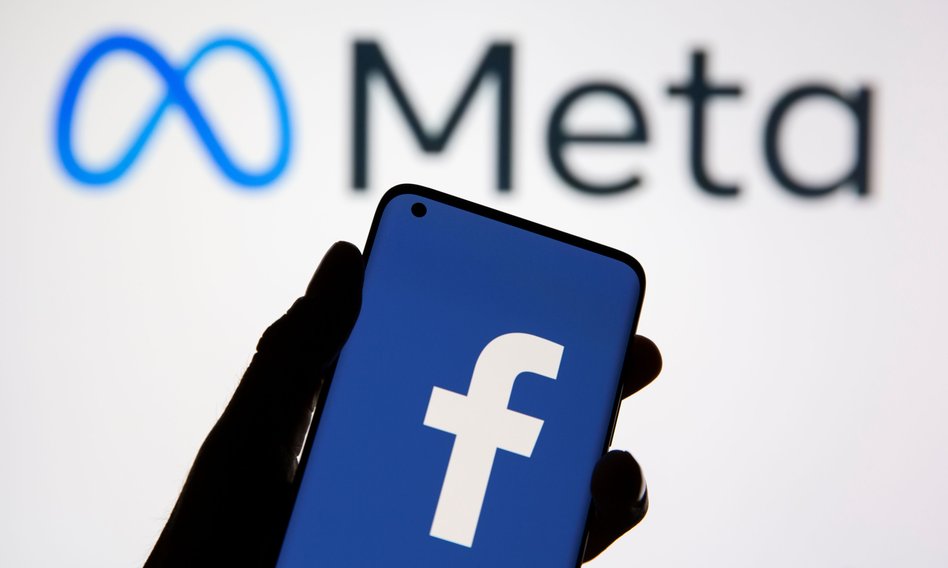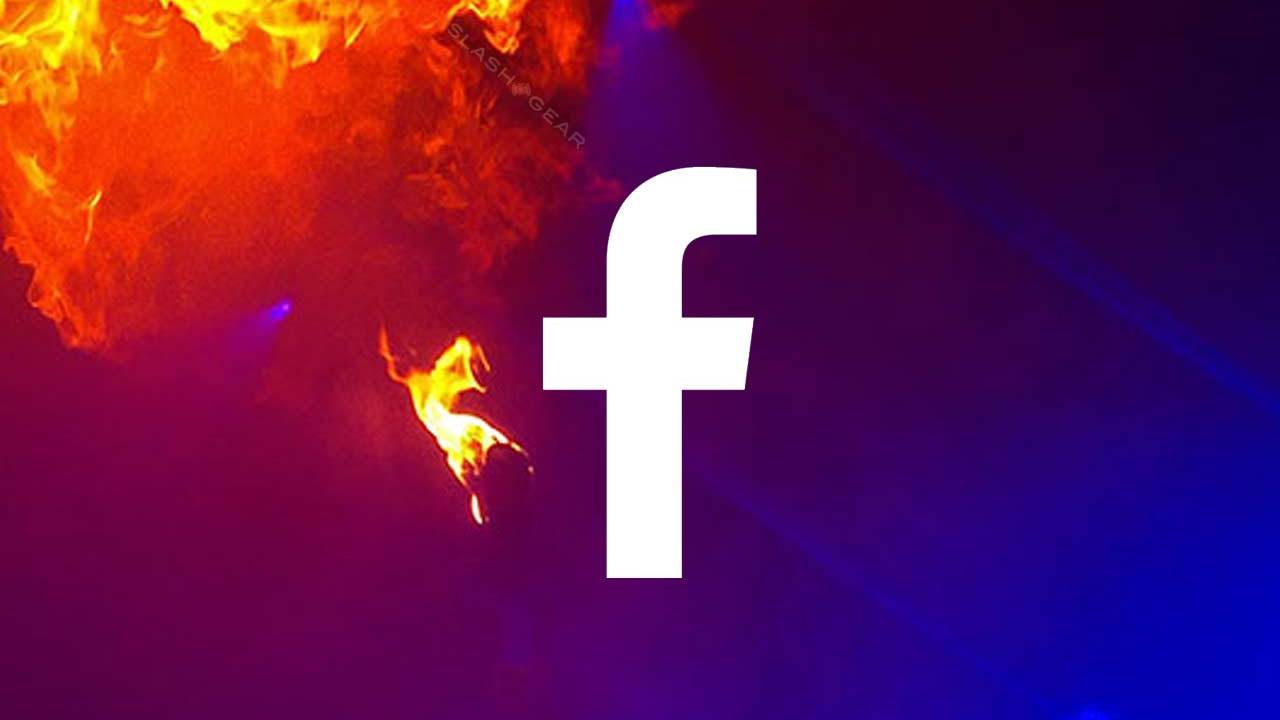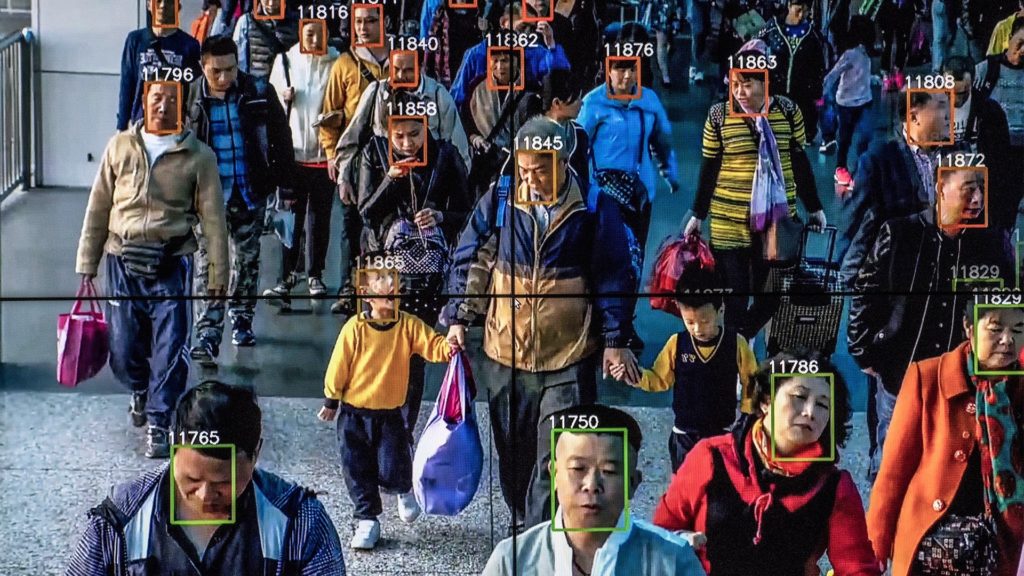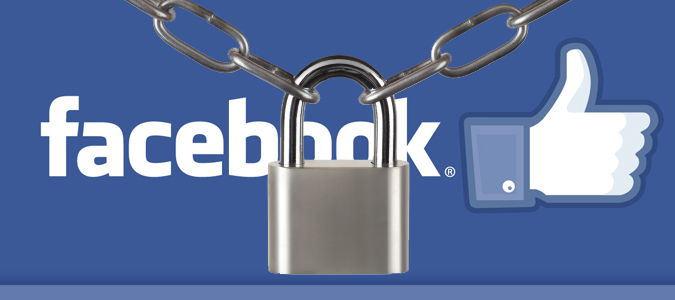
Introduction
Imagine stepping into a digital realm that transcends the boundaries of reality, where you can socialize, work, play, and create without limitations. This concept, known as the “Metaverse,” is rapidly gaining traction in the world of technology and is destined to reshape the way we live and interact. In this brief post, rise of the Metaverse, its potential, and the key drivers behind its development will be discussed.
So what the “Metaverse” really is?
According to David Needle’s article published on TechTarget,
“The metaverse is a vision of what many in the computer industry believe is the next iteration of the internet: a single, shared, immersive, persistent, 3D virtual space where humans experience life in ways they could not in the physical world.”
The Technology Behind It
The Metaverse relies on a combination of technologies, most notably VR headsets, AR glasses, 5G, Blockchain and advanced Artificial Intelligence. These technologies are converging to create a seamless and interactive digital space.
Each of those technologies serves its own, unique purpose which in combination give the experience of being a part of this impressive virtual world:
1. VR/AR tools are used by users to actually perceive what’s happening in Metaverse
2. 5G Is used to establish strong flow of connection between the server and users.
3. Blockchain allows the whole system to be as decentralized as possible, giving the users a chance to trade and interract freely online.
4. AI is mostly used for chatbots inside of the Metaverse, giving any user in need of help assistance 24/7
Industry Applications
The potential applications of the Metaverse are limitless. Not bound to just gaming; it has the potential to disrupt multiple industries. For instance:
- Gaming: Virtual worlds are already popular, but the Metaverse takes it to a whole new level. Companies like Epic Games are heavily investing in this concept.
- Education: Imagine immersive virtual classrooms and collaborative learning environments.
- Social Interaction: Social platforms could become fully immersive and three-dimensional, enabling realistic interactions with friends and colleagues.
- Business: Virtual meetings, conferences, and even remote workspaces can be recreated in a virtual setting.
Challenges and Concerns
As the Metaverse grows in popularity, there are various challenges and concerns to consider:
- Privacy: The Metaverse will collect a vast amount of personal data, raising concerns about privacy and security. In my point of view, considering already existing controversies surrounding Meta’s users data leaks, they have to be extremely cautious not to let any bit of data slip as it most likely will ruin their reputation even more than it already is.
- Inclusivity: Not everyone has access to the necessary technology, which could create digital divides.
- Content Moderation: With user-generated content, ensuring safety and compliance with laws will be a significant challenge.
- Addiction : A made-up world where any person can live and experience once-in-a-lifetime events, (e.g. A hologram concert of passed away musicians) may lead some people to choose this polished imaginary reality instead of the real world.
The Road Ahead
The Metaverse is still in its infancy, but it’s evolving rapidly. Companies like Meta, Epic Games, and others are investing heavily in its development. Expect to see more innovations, new startups, and a growing ecosystem around the Metaverse in the coming years.
Personally, i believe that we haven’t even scratched the surface of what concepts such as Metaverse have to offer. The sole idea of a virtual world, where each and every human may create an avatar to represent themselves however they want and participate in errands and ventures from the comfort of their home, scratches my brain in the best way possible.
The possibilities are endless, both positive and negative.
To get a broad understanding of what may come out of such project, I suggest reading a book called “Ready Player One”
To delve deeper into this fascinating topics surrounding the Metaverse, explore the following sources I used while preparing this post:
https://www.techtarget.com/whatis/feature/The-metaverse-explained-Everything-you-need-to-know
https://www.encora.com/insights/5-technologies-that-are-powering-the-metaverse
https://www.wired.com/story/what-is-the-metaverse/
https://about.fb.com/news/2023/05/economic-potential-of-the-metaverse/
https://www.emerald.com/insight/content/doi/10.1108/JEBDE-09-2022-0036/full/html
As the Metaverse continues to expand and evolve, it promises to revolutionize the way we live, work, and interact in the digital age. Embrace the journey into this exciting new frontier
AI model used :
ChatGPT 3.5
Prompt used :
“I got a task to pass a course, which states that i need to make a post in university’s blog that should reflect on current trends in tech, new technology sharing economy, peer production, e-economy, or more general issues. Can you suggest a topic i can write about and what info to look for during my work?”















